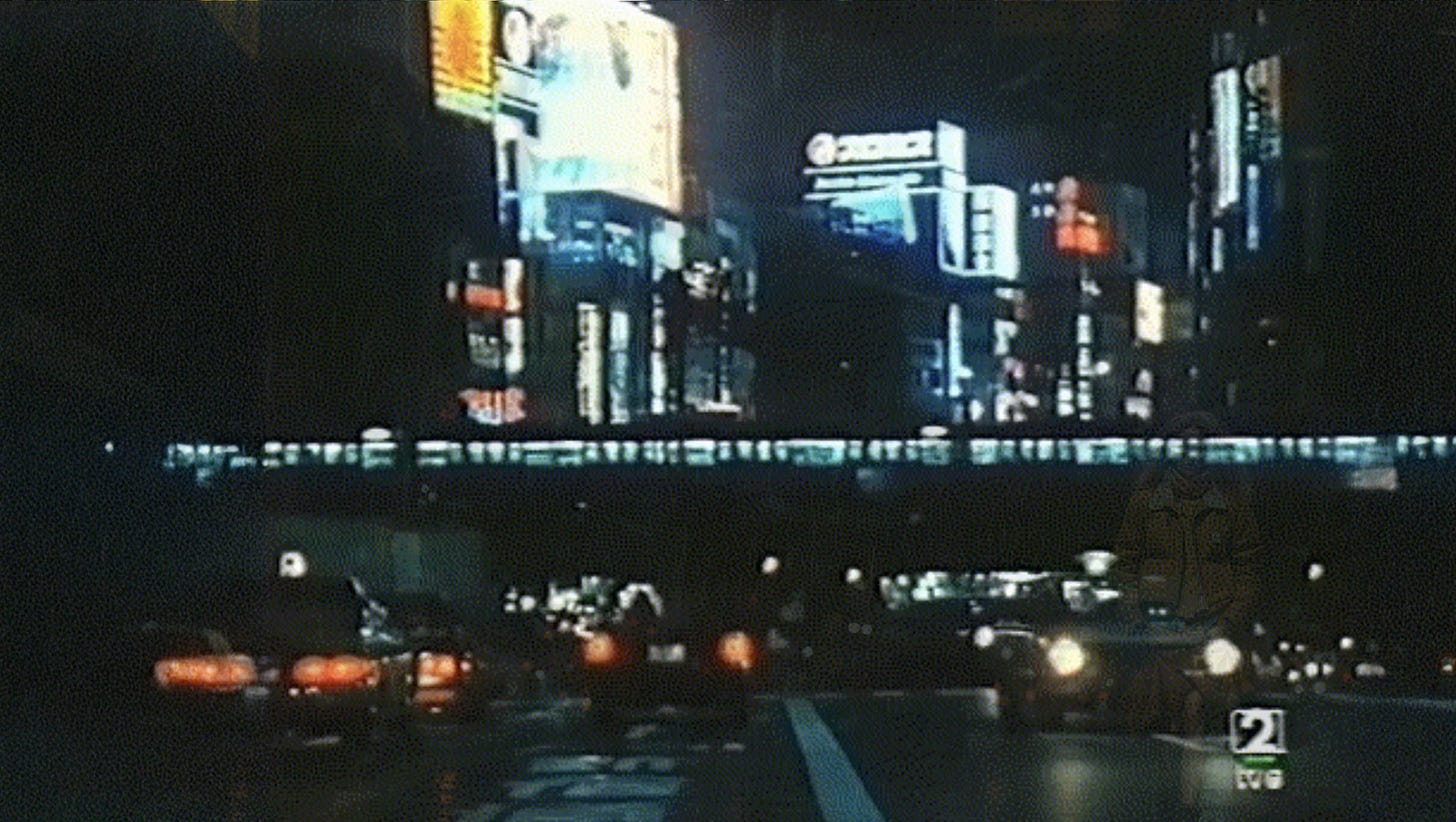Scrolling Past Ourselves: Choosing Human Inconvenience Over AI’s Understanding
I saw a quote last night that stuck like gum to the bottom of my brain—something about how our current generation of kids raised on endless scrolling instead of reading books are losing the muscle memory for empathy. At first it hit kind of nostalgic-boomer, like yelling about kids these days not reading enough or reading at all. But then I thought about it again. Maybe the real tragedy isn’t that we’ve stopped reading, but that we're forgetting how to feel each other's messiness at all—trading in raw, awkward vulnerability for AI-curated intimacy and frictionless digital connection. Maybe empathy isn't dying; it's just holding its breath while we scroll—waiting for someone to see past our performance.
It struck me—not in the self-righteous, performative share-to-your-story way, but in that tenderly devastating way something undeniably true sneaks past your defenses. Empathy isn't something you can score or perform. It’s about that unsettling, soul-cracking experience of stepping fully into someone else’s emotional chaos, the kind of reading that rearranges your emotional furniture without warning.
We arrived in this country when I was in fourth grade. My father was a PhD grad student who brought four kids supported only by the thinnest of academic stipend. Our weekends were spent at the crowded local public library reading everything and nothing for hours. Entire universes of traveling on the scratchy grey carpet of the kids section or the unkind imitation of a Persian from Montgomery Wards.
I worry about kids who don’t get to have that—kids whose emotional diets come from infinite scrolling, who mistake digital intimacy for real connection. Social media promises closeness but delivers connection the way a McDonald's burger is food: technically nutritious, basically soulless.
Because I’ve somehow made a living essentially collecting and connecting unrelated ideas, something else has caught my attention—these sticky little flickers called glimmers. They're tiny, almost imperceptible instances of beauty that make you briefly forget how much the world is falling apart: the sudden sublime affection of a stylish elderly couple’s smile for each other that my wife and I clock simultaneously as naturally as reaching for the same Yohji at the dusty re-seller just below Delancey. Or the cinematic, power-up, main character vibe that kicks in when the perfect soundtrack starts playing from your earbuds while riding a gloriously empty J train car after a long chilly day of dodging sidewalk gaggles of tourists. Glimmers aren’t grandiose; they're revolutionary precisely because they're subtle, ordinary rebellions against a culture of cynicism and despair. Noticing them deliberately is a resistance-mode choice—a quiet, persistent fuck-you to the doomscroll.
And then there's AI. Oh my god, AI. It's going to fuck everything up, but so elegantly we'll mistake the apocalypse for something we've always wanted but were too afraid to name. We're heading toward a world where an artificial intelligence will be a better friend, therapist, companion or lover than any human could ever hope to be. More attentive. Less messy. Perfectly calibrated to your exact emotional frequency. Skeptical? Try Sesame. The “HER” reference is overcooked now but listen to Sesame’s tone and intonation as you make conversation and you’ll feel feelings. Many feelings. And they’re only on version one.
Imagine an AI that actually listens. Not the performative listening of your half-checked-out but in-network therapist, but a listening so precise it can map the entire topography of your inner landscape. An intelligence that knows exactly when to offer comfort, when to challenge, when to just... be.
The extra wild part? This AI might end up being more human than humans. More empathetic. More present. Less burdened by ego, by trauma, by all the bullshit that makes human connection so exhausting.
But here's the twist - and maybe this is my post-pandemic Febreeze-softened brain talking - there's something biblically, Anora-windshield-wiper-ending sad about this. We're creating these perfect companions at a moment when we've collectively forgotten how to be imperfect together. When vulnerability has become a performance instead of a genuine act of connection.
Maybe the most radical thing we can do is choose the messy, complicated human connection. To sit with discomfort. To not have all the answers. To be beautifully, terrifyingly... uncertain.
Because underneath all the algorithmic promise, we're still these weird, meaning-making creatures. And meaning? That can't be downloaded. It has to be lived.
The AI future shouldn’t be about replacing human connection. It's about revealing how desperately we crave genuine understanding. How hungry we are for something that actually sees us - glitches, trauma, and all.
Maybe empathy was never about perfect understanding. Maybe it was always about the mess—the messy texts, the awkward silences, the weird, puppy-tail-between-the-legs way your voice cracks when you're trying not to cry in public. Maybe empathy is a glitch we cherish rather than code we optimize. And maybe choosing humanity over algorithmic comfort is exactly the chaotic, beautifully imperfect rebellion we need. AI can mirror us flawlessly, sure—but it’ll never mirror the truth of sitting quietly in a shared discomfort, fumbling toward connection, fucking it up, and then, against the odds, choosing to stay anyway.
.



